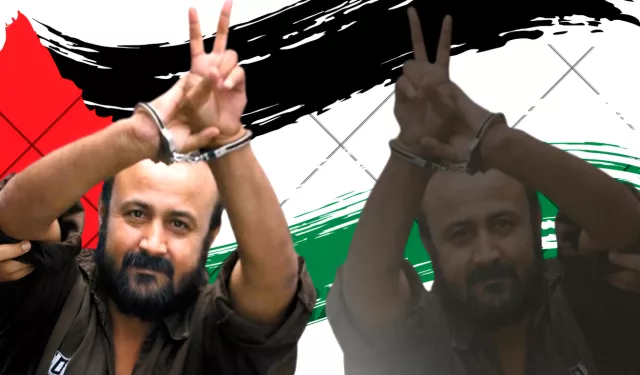The United States has withdrawn a key guarantee to press Israel for the release of high-profile Palestinian detainees, throwing fragile Gaza ceasefire talks into turmoil, according to senior Hamas and Islamic Jihad officials who spoke to Al Manassa.
The officials said that US envoy Steve Witkoff and former Trump advisor Jared Kushner reversed their position after meeting with Israeli PM Benjamin Netanyahu on Friday. The retraction, they explained, endangers the US-brokered Sharm El-Sheikh agreement aimed at ending two years of war.
Israel refused to include key figures such as Marwan Barghouti, Ahmad Sa’adat, and Hamas commanders Ibrahim Hamed and Hassan Salameh in the prisoner swap, the informed sources relayed to Al Manassa. Netanyahu “completely ruled out” their release, even at the risk of collapsing the deal, they said.
Witkoff later informed mediators, according to the source, that Netanyahu justified the move by referencing the 2011 Gilad Shalit exchange, which freed senior Hamas leaders, including Yahya Al-Sinwar. Mediators from Egypt, Qatar, and Turkey are working to salvage the agreement.
As it stands, the deal would exchange 250 Palestinian detainees for 47 Israeli captives and the remains of both Israeli and Palestinian dead. It includes phased reopening of Gaza crossings and an increase in aid truck access—from 400 to 600 daily—as well as negotiations for a full Israeli withdrawal.
In the backdrop of the strained deal, thousands of Palestinians began returning to northern Gaza on Friday under a tense and partial Israeli withdrawal. The army said it redeployed by noon, though it still controls key zones in Rafah, Khan Younis, and eastern Gaza.
Al-Rasheed and Salah Al-Din roads have reopened, though checkpoints remain and drones continue overhead.
“I walked alone to check on my house,” Asaad Badwan, 51, told Al Manassa. “Maybe enough remains to pitch a tent.” Others described relief or despair. “I thanked God our home is still there,” said Hassan Abdo, who returned to Al-Rimal with his family.
“We lost our homes and our land,” said Mahmoud Abu Halima, 28, who watched from Al-Nuweiri. “I came here to believe we could return and rebuild.”
A journalist on the scene in Khan Younis told Al Manassa that most remain displaced in Al-Mawasi camps, with Israeli forces still dug in.
Hospitals, schools, and utilities are largely destroyed. Over 150 Palestinians were killed on the day the truce took hold. Civil defense teams told Al Manassa they recovered more than 130 bodies, many disfigured or mauled by wild dogs.
Human rights groups warn Gaza faces systemic collapse. Amnesty International and Human Rights Watch say Israel’s campaign may meet definitions of genocide or ethnic cleansing.
